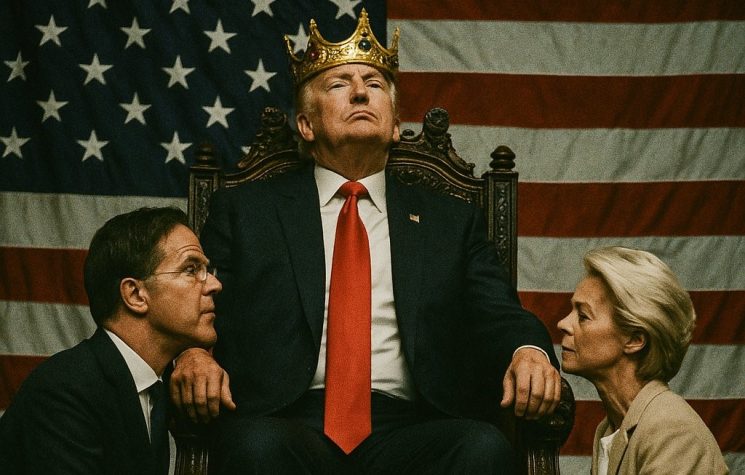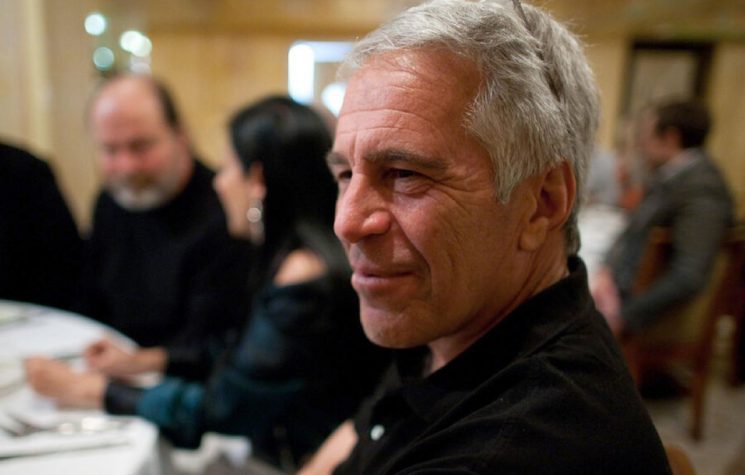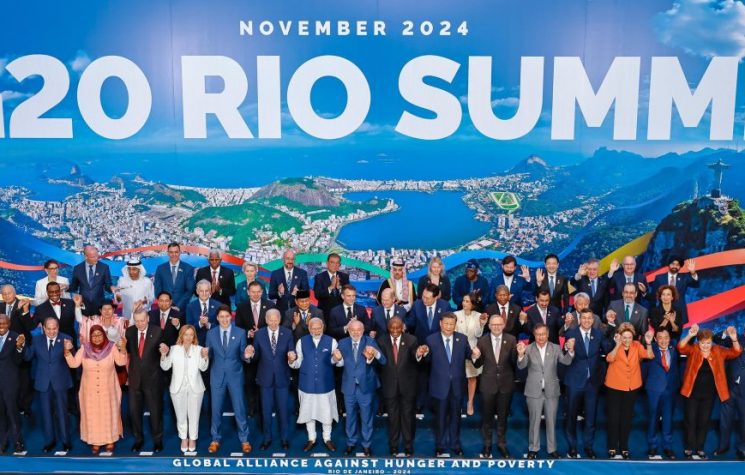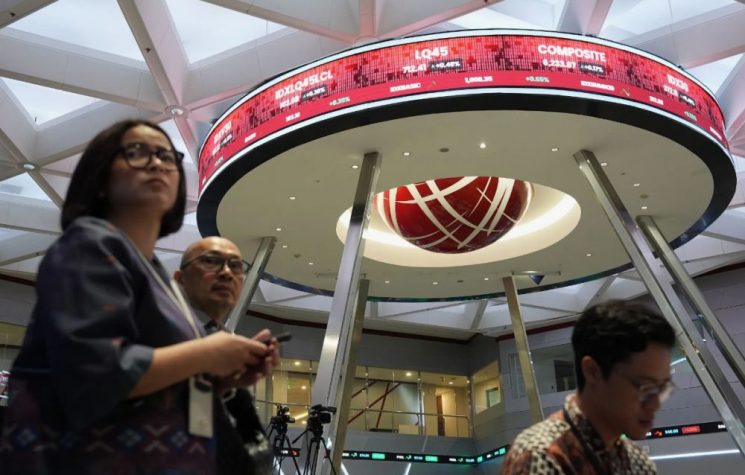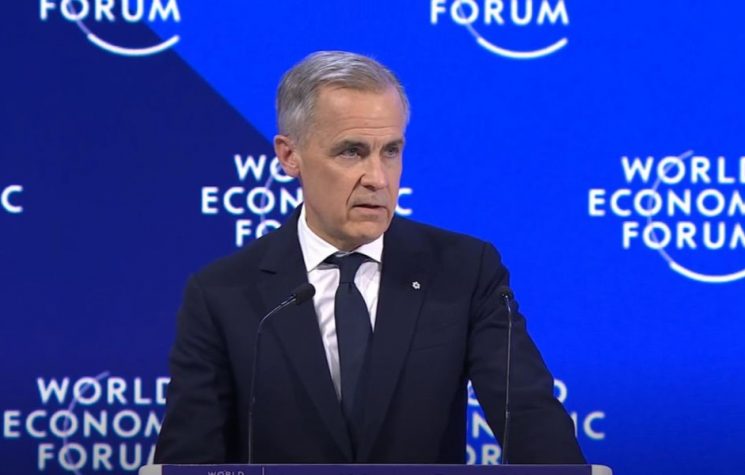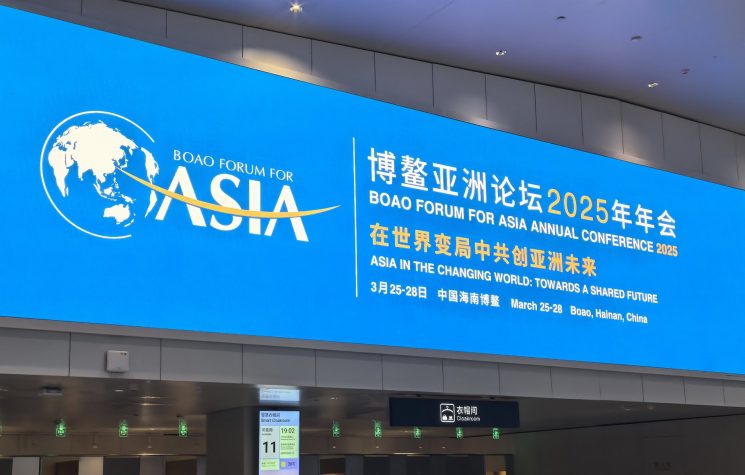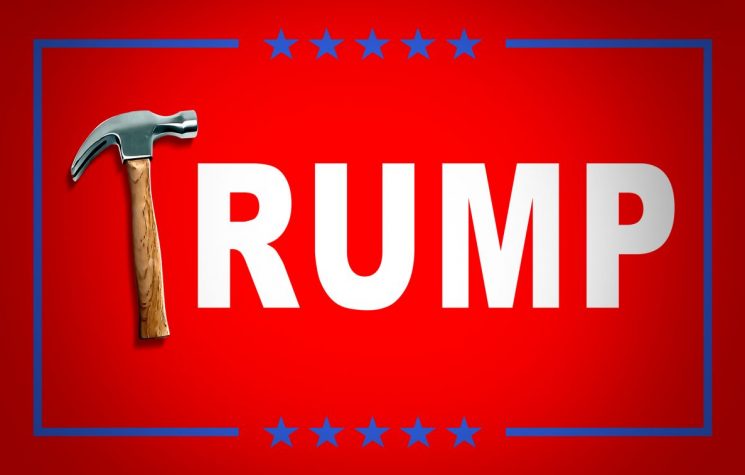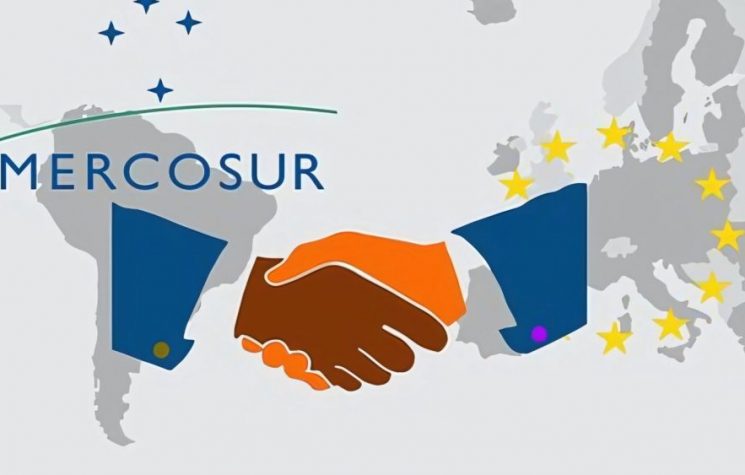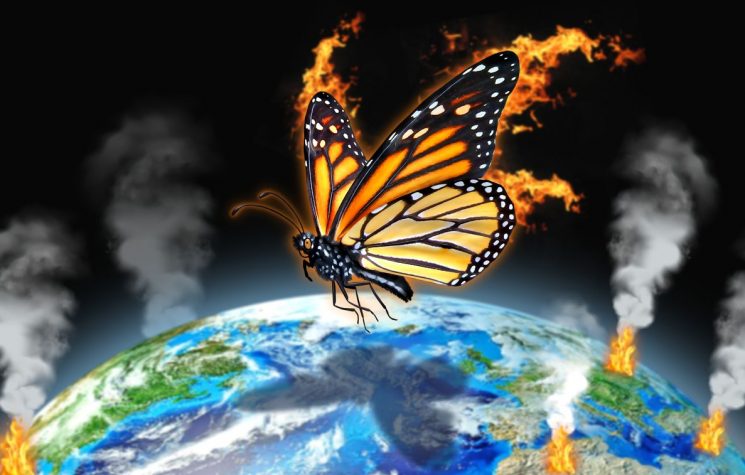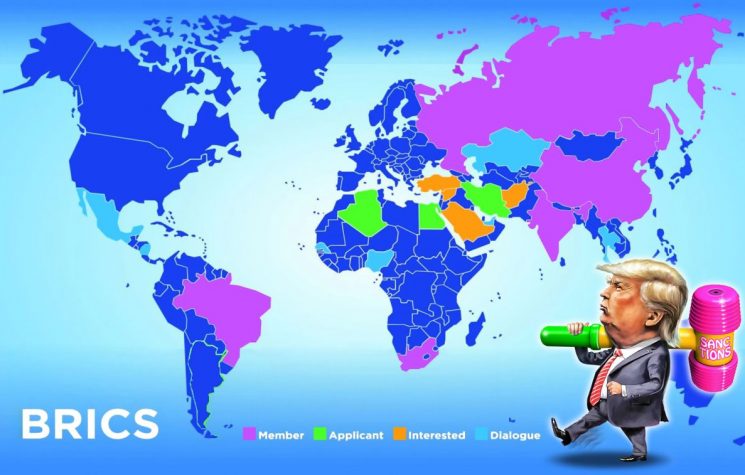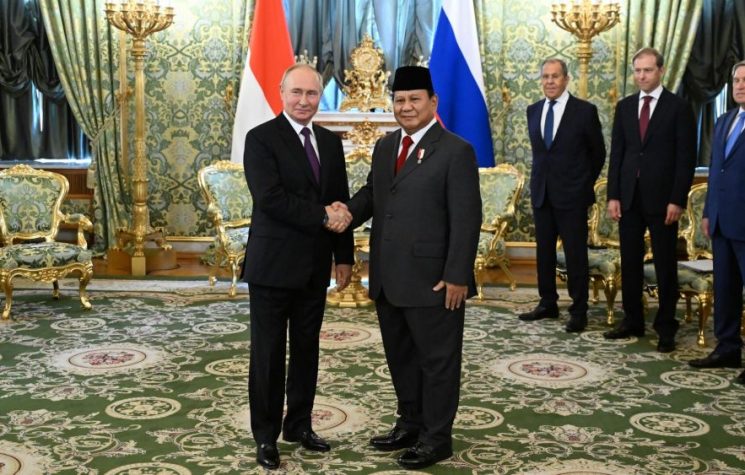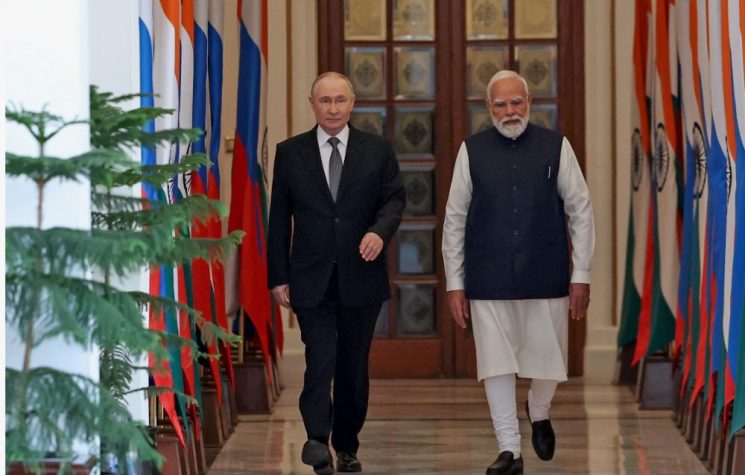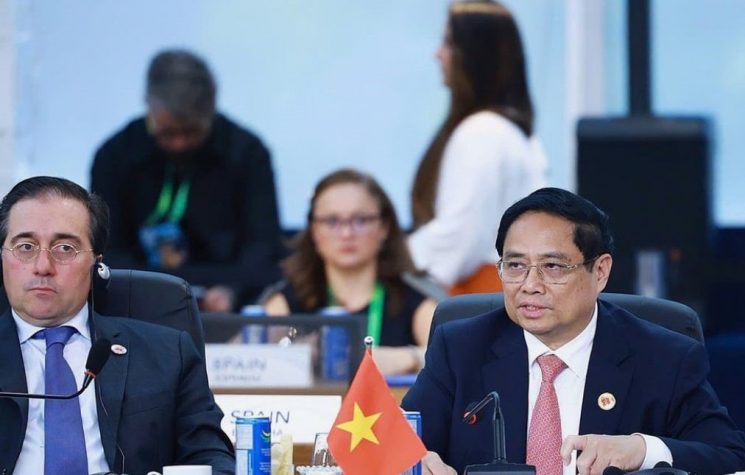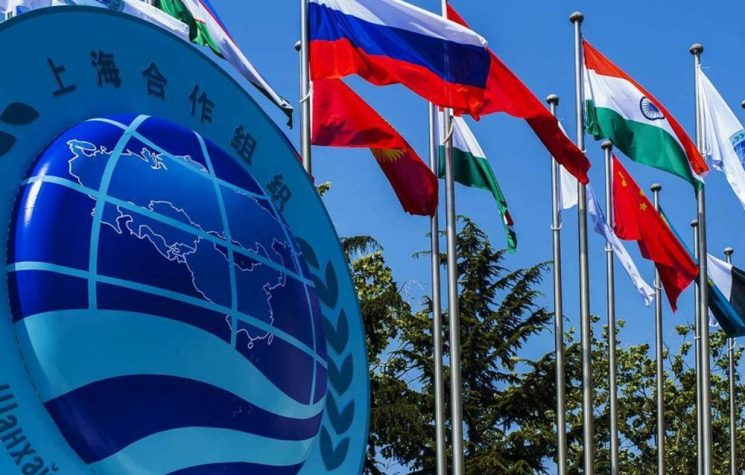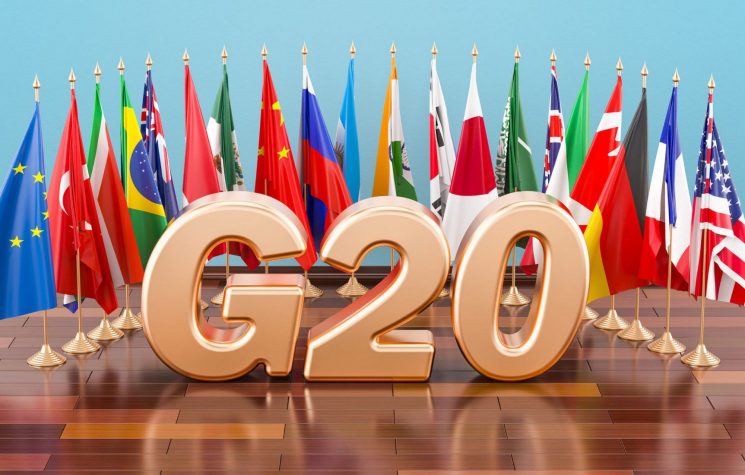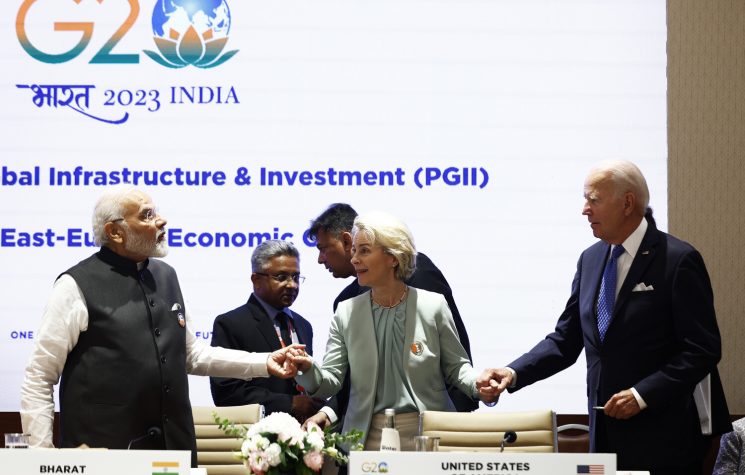Who now controls inflation in the U.S.: A trapped Fed, or the new commodity king?
❗️Join us on Telegram![]() , Twitter
, Twitter![]() , and VK
, and VK![]() .
.
Contact us: info@strategic-culture.su
A quiet ‘watershed’ moment has passed. It was nothing ‘splashy’; many perhaps barely noticed; yet significant it truly was. The G20 did not descend into the expected sordid confrontation, with the G7 states (which Jake Sullivan has called the ‘steering committee of the free world’) demanding explicit condemnation of Russia over Ukraine, versus the Rest – as happened last year at Bali. No, the G7 unexpectedly ‘surrendered’ to an ascendant global ‘Non-West’ – one that cohesively insisted on its collective stance.
The stirrings of insurrection had been evident from the BRICS summit in August – the writing was on the wall. The Non-West would not be corralled or coerced into support for the G7 ‘line’ on Russia. The war in Ukraine was barely mentioned in the final – agreed – declaration; the export of grain (Russian as well as Ukrainian) was treated even-handedly. It was a masterpiece of diplomacy by India.
The G7 evidently decided that the Ukraine ‘point-scoring game’ was not worth the candle. The former prioritised getting to consensus, rather than crashing the G20 (perhaps ‘finally’, with a deadlocked declaration).
But for the sake of clarity, it was not the downplaying of Ukraine that marks the ‘watershed’. The shift on Ukraine – now consolidated within a wider U.S. Ukraine policy-switch – was very important but not primordial.
The ‘primordial’ was that the collective Non-West was able to coalesce around their urgent demand for radical reform of the global system. They want change in the global economic architecture; they contest the structures (i.e. the voting systems that lie behind those institutional structures such as the WTO, the World Bank and the IMF) – and above all they object to the weaponised dollar hegemony.
The demand – to put it plainly – is for a seat at Top Table. Period.
None of this is new, it has been germinating since the famous Bandung Declaration (1955), whose resolution laid the foundation for the non-aligned movement. Then, those states lacked the clout to realise their aims. It is different today: Led by China, Russia, India and Brazil, the BRICS has the economic weight and ‘frontline standing vs the West’ to contest the ‘Rules Order’, and to insist that if there are to be ‘Rules’, they must be consensual.
This is a truly radical agenda. Again, the ‘watershed’ is that the Non-West, even without Presidents Xi or Putin being present, showed it has the ‘heft’ to wrestle the G7 to a ‘fall’.
Good in theory – but now comes the ‘concrete’: Plainly, India aspires to a permanent seat on the UN Security Council. Many would argue that India is well qualified. That may be so – The Security Council structure today tends to look a fossilised relic from the post-WW2 era.
Yet, who would volunteer to yield up their seat to a worthy India? Brazil (surprise, surprise) thinks that South America should have its permanent say in the Council, too. All in all, reform of the Council has been an issue that, at least until now, has proved ‘untouchable’. Times though ‘are a-changing’. This is an issue into which the Global South has its teeth, and will continue to tug at it, irrespective, terrier-style.
Then there is the issue of the ‘Two Spheres’. Both the BRICS and G20 statements insist that their aim is not to supplant the existing ‘Order’, but to inhabit it on equitable terms, after major reconstruction and re-orientation.
India, in particular, is reluctant to burn all bridges with the West, and leans towards the notion of an incremental reform of the global economic structure, leading to the establishment of a single trading sphere (India has many interests in the West). Other BRICS too, states share this view. They decline to be forced to choose between two incompatible spheres. (China was of this view, but now sees that it is the U.S., despite its denials, that is the one intent on burning bridges with China!)
But isn’t it a tad naïve though, to expect the West to recant its stealth colonialism?
Western primacy hangs on the pillars of the threat of financial and sanctions war; the monopoly of tech patents, regulatory standards and protocols, and in holding and keeping a global ‘technological edge’. Does Prime Minster Modi truly think that the West can be induced simply to relinquish these assets because the Global South asks it?
It seems ‘a stretch’ (though no doubt Xi and Putin have explained some of these financial ‘facts of life’ to Modi).
Well, these ‘facts of life’, which some BRICS members are not yet ready to internalise, are precisely the reason why both Russia and China are preparing an alternative Economic Sphere, totally severed from the dollar and the dollar-linked banking and financial system. It is a plan ‘B’, which can easily become plan ‘A’.
This debate (one single trading sphere, or two) possibly will become the key issue facing the BRICS and the West. It rests with the Western reaction: Will it be possible to compel the U.S. to make such radical reforms to the present U.S.-aligned Institutions and Structures, such that a quite separate Non-Western economic sphere becomes is not required?
These issues may surface earlier than some expect – perhaps even at the UN General Assembly next week.
Frankly put, the hard reality is that were the U.S. to yield up its grip over the global financial architecture, Americans’ standard-of-living may be expected to fall significantly as demand for dollars withers (with increased global own currency trading). The dollar demand, of course, will not wholly disappear.
The timing of this collective demand for a new financial architecture – a new ‘Bretton Woods’ Accord – could not have come at a more delicate moment for the West. Serendipitously for Russia and China …?
Although many in the West think everything ‘is fine’ – that the U.S. Fed likely will bring inflation under control, and soon will be cutting interest rates. Yet oil prices are up 37% and rising. This has been the case since the price bottomed out a few months ago. “People forget oil prices fell almost 50% from their peak, and that fall ended in May of this year. And that big decline in oil prices was the major factor in bringing headline inflation [down] from 9% to 3%”. Energy is a major cost input that needs to be passed on to consumers. And so is interest on debt, which increases as interest rate rises cut across the economic spectrum.
Everybody is waiting for the Fed to cut rates, because the only way for the U.S. government, American consumers, and businesses to manage their present debt (on which they loaded-up – at zero rates) is if interest rates drop. People may understand this, but they just assume that it’s not going to be an issue because, of course, the Fed ‘is going to cut rates’.
It is very unlikely however, that the western authorities will be able to get rates down again to zero. Selling further oil from the U.S. Strategic Reserve just isn’t going to happen: At this point, the U.S. economy can only run for 20 days on its current oil reserves.
And the Fed is not going to be able to launch much of another round of money-printing, should the economy drop into recession. The Fed may try to rescue the economy in this way, though when inflation is the problem, it is not possible to solve an inflation problem by creating more inflation. Inflation (and interest rates), after a short lag, would again rise.
The point is that much of the ruling strata still do not ‘get it’: the decades-long experience of near-zero inflation that the West has experienced has imprinted itself on the collective mindset – but that world of effortless money-making was an aberration, not a norm. Plainly put, the West now is somehow trapped in various diverse financial ways, such as fiscal exhaustion (i.e. U.S. deficit spending has reached 8.5% of GDP).
Whilst true, that many in the West do not understand that the zero-inflation era was an aberration, caused by factors that no longer pertain – for sure, the aberration is well understood in Beijing and Moscow.
Liam Halligan notes similarly that oil prices are up almost a third over the last three months: “It’s a hugely significant increase that could seriously aggravate the cost of living crisis. Yet the surge seems to have barely been noticed by much of our political and media class”.
Crude markets began to tighten earlier this summer after the Opec exporters’ cartel agreed to withhold oil supplies in a bid to raise prices, and Halligan tartly observes: “Anyone who downplays the power of Opec knows nothing about worldwide energy markets and even less about geopolitics”. (Emphasis added.)
Is it happenstance that a quiet financial war, triggered by the drip-drip of de-dollarisation and higher energy costs, might finally give BRICS the leverage to coerce a change of policy in the West? And should western reluctance to re-structure persist, might the BRICS leadership ratchet higher? The newly expanded BRICS, after all, is now a Commodity Powerhouse.
So, who now controls inflation in the U.S.: A trapped Fed, or the new commodity king?














